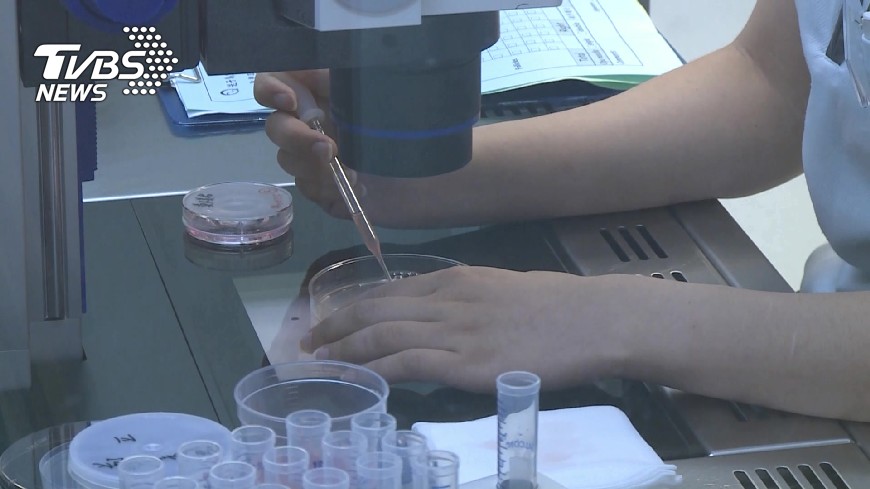TAIPEI (TVBS News) — The Health Promotion Administration (國健署) plans to introduce medical egg-freezing subsidies by the end of the year to address infertility risks from cancer treatments. This initiative aims to support young cancer patients undergoing chemotherapy and radiotherapy, authorities said on Monday.
Breast cancer, the leading cancer among Taiwanese women, affects over 10,000 women annually, equating to about 31 diagnoses daily. Currently, the government does not subsidize egg freezing solely for infertility but plans to prioritize breast cancer patients in the new subsidy program to align with international practices.
Dr. Huang Min-chao (黃閔照), an obstetrician-gynecologist at Mackay Memorial Hospital (馬偕醫院), recommends that breast cancer patients under 40 consider egg freezing before cancer treatment. He advises this decision should follow thorough discussions among infertility specialists, oncologists, and patients to preserve fertility.
Wu Cheng-hsuan (吳成玄), deputy director at Nuwa Healthcare (禾馨宜蘊生殖中心), notes the rising trend of young breast cancer patients inquiring about medical egg freezing. He pointed out that not all breast cancer patients can afford the high costs, highlighting the financial burden many face.
Wu stated that national subsidies for medical egg freezing will bless young breast cancer patients. He emphasized that recent studies show egg freezing does not affect cancer prognosis and that current technologies can overcome existing challenges.
The introduction of these subsidies could significantly impact young cancer patients' lives, allowing them to focus on recovery without sacrificing future family planning options. The Health Promotion Administration's move to implement this program by year-end marks a crucial step towards comprehensive cancer care.



